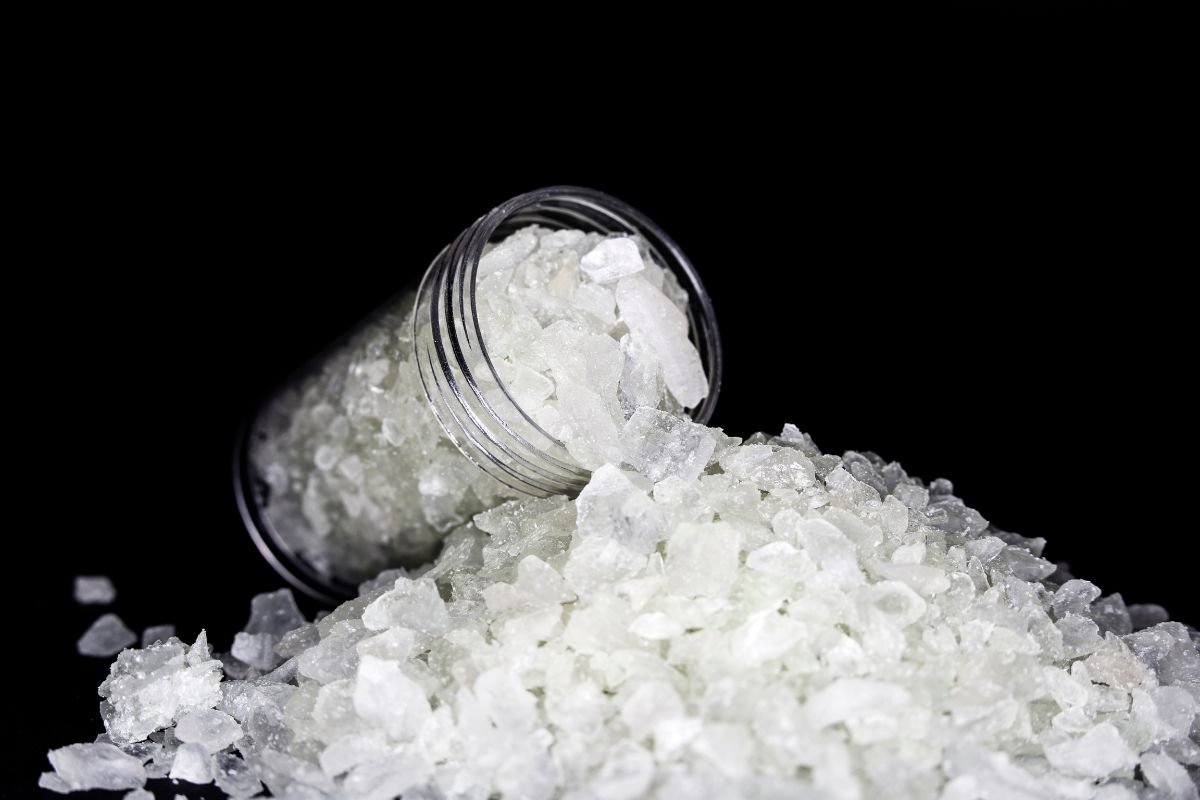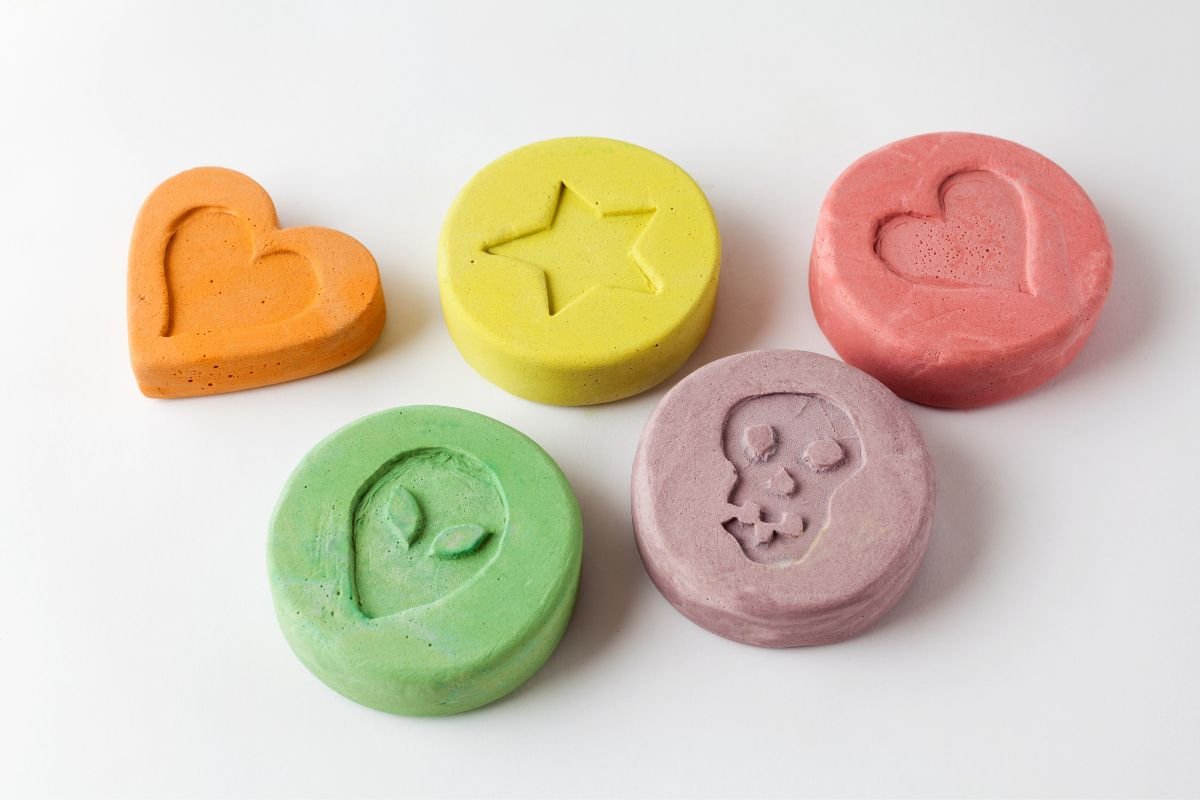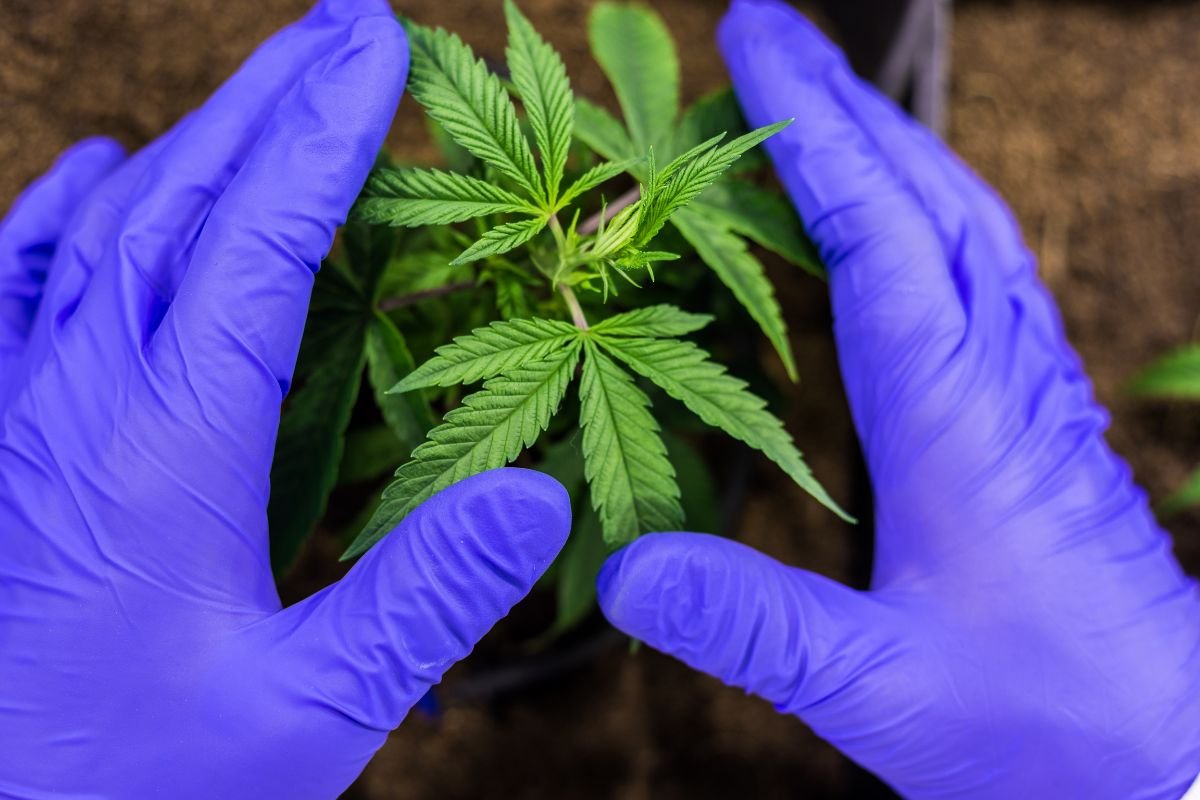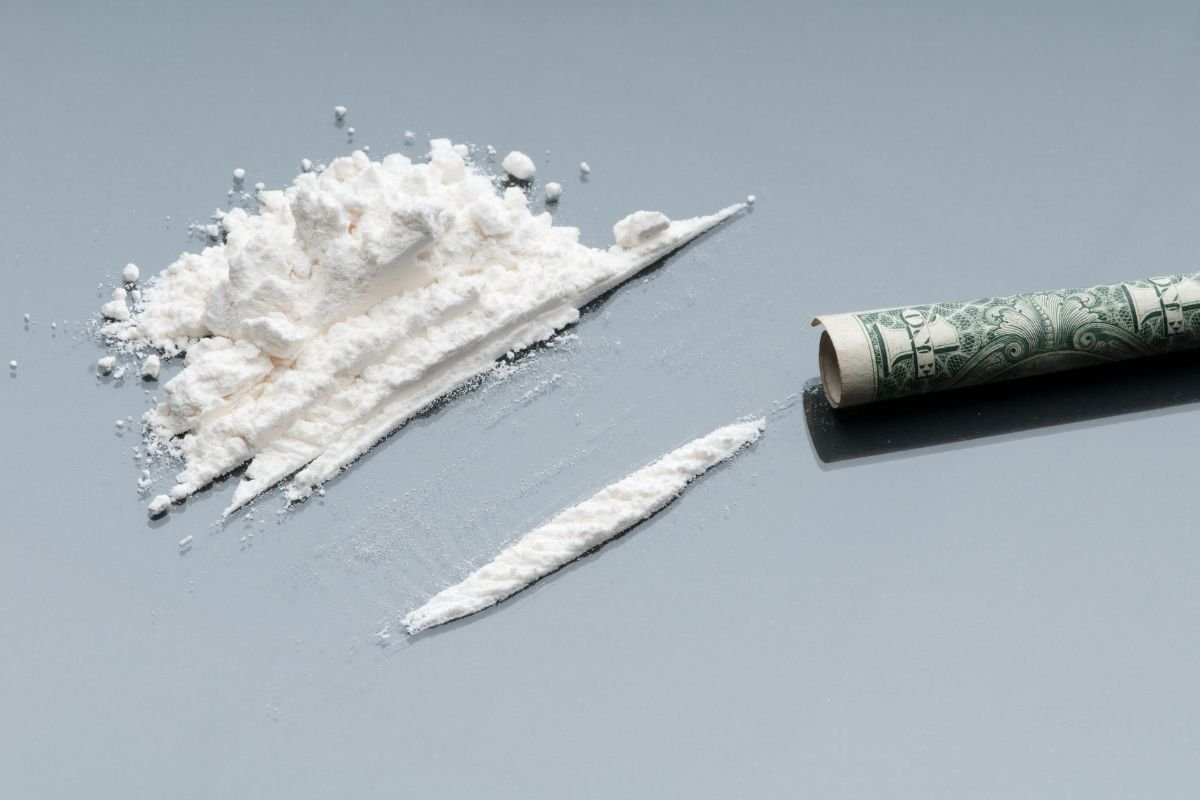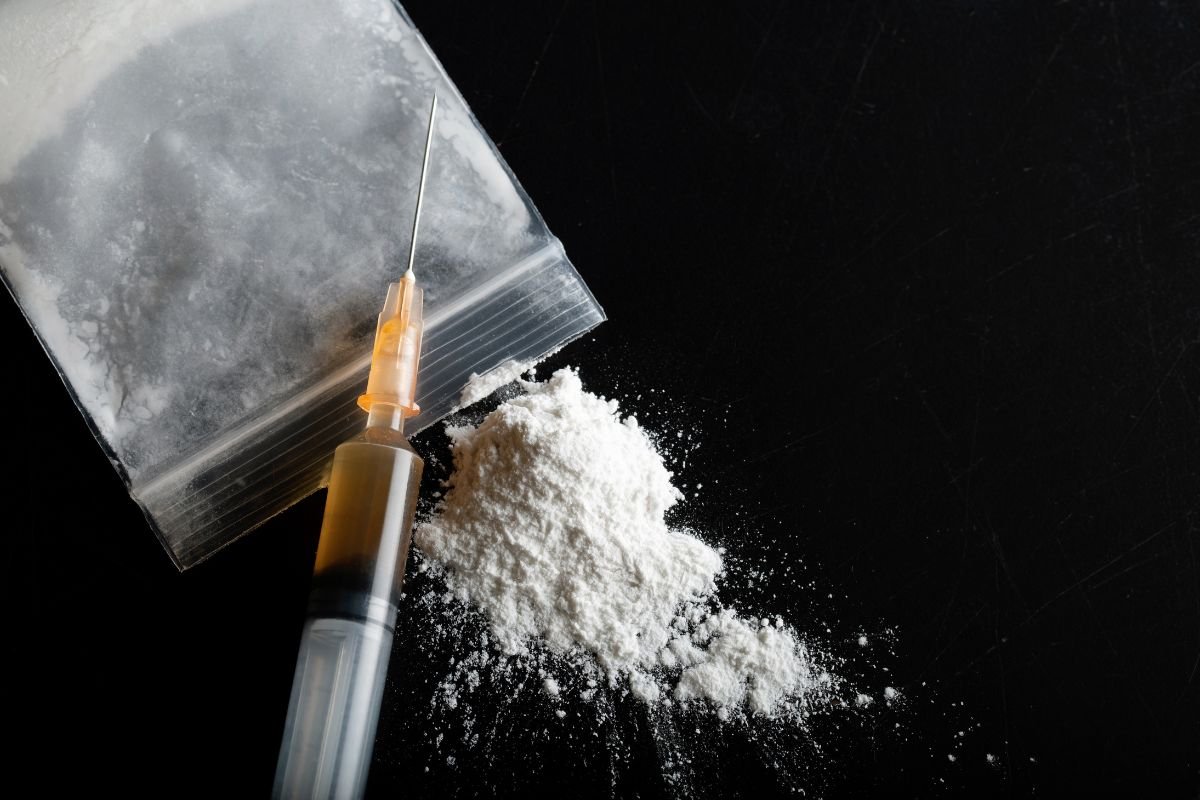Did you know the effects of drug use on oral health? ProDent teaches you everything you need to know
There is no doubt that drug use seriously affects the oral health of any person. Drug abuse generates various ailments, ranging from cardiac to dental problems.
According to the World Health Organization, drugs of abuse are non-medical substances with psychoactive effects. All of these alter the reasoning and value judgment of the people who consume them.
These can be opiates, stimulants, hallucinogens, sedatives, marijuana, alcohol and many others. They are self-administered and cause tiredness, sweating, increased body temperature, nausea, hallucinations, dry mouth, etc.
Current studies indicate that more than 243 million people use some type of illicit drug, ranging in age from 15 to 64. Apart from physical problems, drugs cause serious mental damage and those affected may suffer from disorders such as depression.
Effects of drug use on oral health This is what you should know!
Drugs affect the dental tissue and oral mucosa giving rise to oral manifestations such as Xerostomia. It also appears the alteration of the salivary flow, abrasion and erosion of the enamel of our teeth, caries.
On the other hand, some of the most serious effects are the loss of teeth and periodontal disease. All these damages are associated to the type of drug and the time of consumption.
It has been found that addicts to all these substances have a higher incidence of caries; this is due to the fact that it causes them to consume large amounts of sugar or refined carbohydrates.
Types of drugs and their effects on your oral health
Methamphetamine: 💉💊
Its damage is known to cause "meth mouth", one of the most dangerous when it comes to oral health. Meth" or "crystal meth" users have decayed side teeth and wear in the gum areas.
This is due to the fact that the components are highly acidic and soften the dental enamel; there have even been cases in which the dental enamel can be eliminated in a few weeks. Due to the anxiety that it generates, they grind their teeth, accelerating the erosion.
Added to this appears another very common symptom, how the series of dry mouth, which is a symptom that causes bacteria to proliferate and increase the occurrence of caries.
Consumers of these substances do not brush and feel a strong desire to eat sweets, which undermines their oral hygiene. They show blackened, stained, rotten, detached or chipped teeth.
Éxtasis: 💊
Ninety-nine percent of people who consume it have dry mouth syndrome, which greatly increases the chances of tooth decay, as well as gum disease.
Bruxism is another of the effects, which is the clenching or grinding of teeth resulting in pain in the jaw.
Marihuana: 🍁
Like other substances, it causes dry mouth when consumed, as well as tooth decay and gum disease. It can help the appearance of cancer in the mouth; this is due to the fact that it interrupts the blood flow in this area, as well as gingival widening.
Cocaína: 💵
When mixed with saliva, the acidic substances it contains wear down our teeth. One of the effects of this type of drug on the tongue is that it damages the palate and makes it difficult to speak, eat and drink.
When consuming it, addicts can rub the drug on the gums, this action causes ulcers in the mouth as well as damage to the jawbone. Bruxism and dry mouth also appear.
Heroine: 💉💊🥄🔥
Like the previous substances, it causes tooth decay, dry mouth, tooth grinding, wear and tear and gum disease. In addition to causing fungus in the mouth, viral infections and discoloration of the tongue.
Other consequences of drug use on teeth
❌Continued use of substances such as cocaine has severe consequences at the orofacial level (mouth and face). This drug manages to perforate the septum and palate, produces gingival lesions and difficulty in chewing
❌They are related to disorders in the sense of smell, chronic sinusitis and fractured teeth. Smoking cocaine and crack induces ulcers and burns on the lips, face and oral cavity
❌Long-term cocaine is associated with epithelial desquamation, gingival erythema and ulceration, in addition to irreversible destruction of the alveolar bone
❌alcohol causes inflammation in the oral tissues, dryness, tremors of the tongue and the salivary glands are weakened. It also triggers tooth loss, cavities, periodontal disease, dental implants are needed in the near future
❌For its part, tobacco helps the oaks lose oxygen and bone support, so the teeth look yellow. In general, all these patients have severe halitosis and foul odors due to the various problems they have in the oral cavity
Dental management of the patient with drug tendencies
Our specialists at ProDent are very careful when dealing with these types of patients, as it can worsen their condition.
When dealing with a cocaine addict, we take into account that they may present acute bleeding. And when exposed to anesthesia, the risk of cardiac complication is increased.
For them we must perform a general examination to determine the appropriate and safe dental treatment, it is recommended that surgical treatments are carried out based on personal preparation.
The best dentists in Tijuana that you can find in ProDent, are always aware of certain symptoms or manias, such as:
📌 Irritation
📌 Restlessness
📌Hyperactivity and many others....
On the other hand, addicts suffering from drug-induced Xerostomia should avoid using mouthwash. This can help accelerate relapse in alcoholics or those who use drugs and alcohol.
We recommend our patients to be honest with our specialists, this way we can avoid unnecessary risks at all costs. Contact us right now if you have any oral problems or doubts about this important topic.


